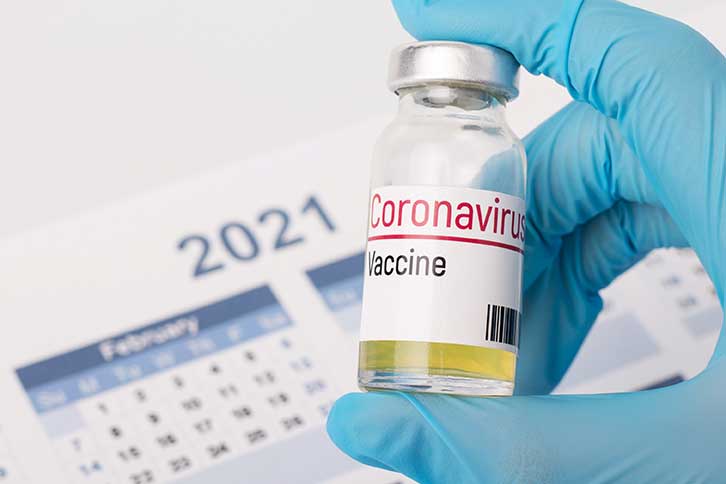Vaccination ID’s: To Require or Not to Require, That Is The Question
Florida’s community association board members are wrestling with many amenity re-opening decisions these days. One such decision is whether or not to open the community clubhouse including the card rooms, bingo, and even off-Broadway like shows. As a part of that decision making process, board members may be considering requiring proof of vaccination as a pre-requisite to such use.
While ultimately a decision within the business judgment of the board, requiring proof of vaccination prior to allowing use of an association amenity is not recommended. Do you remember the ol’ adage, “no good deed goes unpunished?” Well, requiring proof of vaccination from the members prior to allowing use of the clubhouse, no matter how well intended, could likely lead to significant and costly problems for the association who fails to heed the warnings set out in this article.
When acquiring medical information of members, the board’s duty, pursuant to relevant law, is to keep such acquired medical information confidential. Requiring proof of vaccination to use amenities will no doubt lead to a significant breach of that duty.
Another reason not to require proof of vaccination is that doing so will lead to creating two classes of members. The vaccinated members who are allowed to use the amenities and the unvaccinated members who are not allowed to use the amenities. Yet, all members pay for access to use the amenities in proportion to their assessment obligation. Therefore, this practice could expose the association to adverse litigation from the upset unvaccinated members.
If the aforementioned two reasons are not sufficient to dissuade you, then consider this: A member may choose not be vaccinated for religious reasons. In this situation, by requiring proof of vaccination the association will be exposing itself to a claim of religious discrimination.
If the association opens an amenity, then the amenity should be available to all members for use without consideration of vaccination. If that is a concern, then perhaps waiting a short while longer to open the clubhouse or other amenity makes the most sense. Remember, too, that when you do re-open to adhere to CDC protocols as may be appropriate for your community such as mask wearing, social distancing, and sanitizing. As a part of the re-opening procedure, please consult with your association’s attorney regarding the do’s and don’ts.



